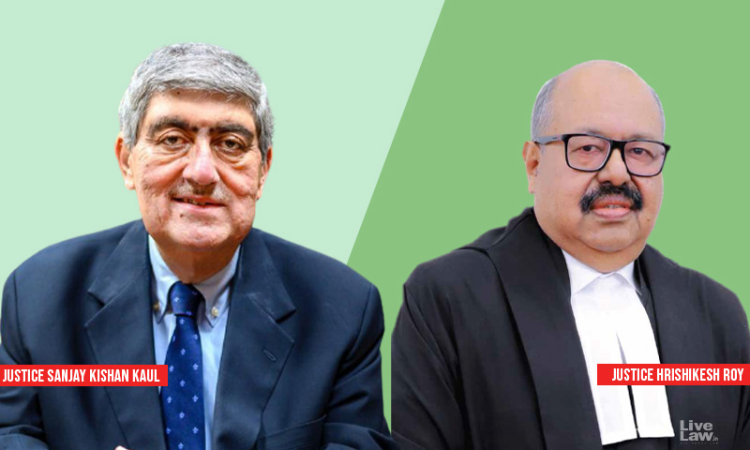Income Tax Act - Disallowance Under Section 14A Can't Be Made Just Because Assessee Has Not Maintained Separate Accounts For Expenditures Incurred For Tax-Free Income : Supreme Court
LIVELAW NEWS NETWORK
12 Sept 2021 10:37 AM IST

Next Story
12 Sept 2021 10:37 AM IST
